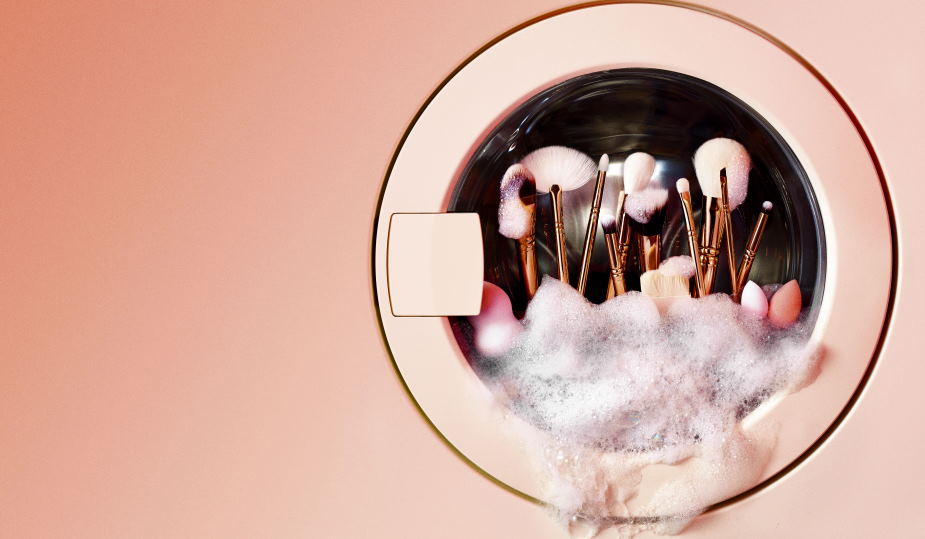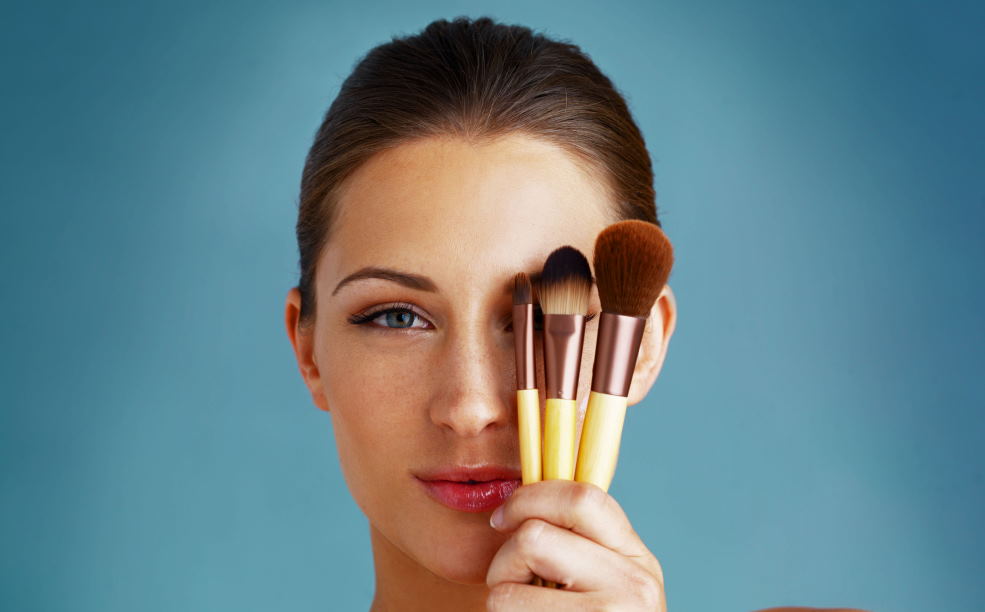Sanitize and Disinfect Makeup: How to Keep Your Cosmetics Clean
If you’re like most people, you probably don’t give much thought to the hygiene of your cosmetics. After all, they’re not going in your mouth, right? But did you know that makeup can be a breeding ground for bacteria and other contaminants? In this post, we’ll teach you how to sanitize and disinfect your makeup so you can keep it clean and safe to use.
Why does makeup need to be sterilized?
One of the most important things to remember when it comes to makeup is that it needs to be sterilized. This is especially important if you are using products that come in contact with your eyes, such as mascara or eyeliner. Even if you are not using these types of products, it is still a good idea to sterilize your makeup regularly. There are a few different ways you can do this, but one of the easiest is simply using alcohol. You can either purchase an alcohol-based makeup remover or make your own by mixing together equal parts rubbing alcohol and water. Apply this solution to a cotton ball and wipe away any dirt or bacteria that may be present on your makeup. Then, let the solution dry completely before applying your makeup as usual.

Another way to sterilize your makeup is to use a steam cleaner. You can purchase a handheld steamer, or you can use one that is designed for facial use. Hold the steamer about six inches from your face and allow the steam to penetrate your pores and kill any bacteria. You should do this for several minutes and let your skin cool down before applying your makeup.
As you can see, there are a few different ways that you can sterilize your makeup. However, no matter which method you choose, it is important to remember to do it regularly to avoid any potential problems.
How to sanitize your beauty kit
You can sanitize and disinfect your makeup in a few different ways. One way is to use a gentle soap and water to cleanse your makeup brushes. Another way is to use an alcohol-based product, such as rubbing alcohol to disinfect your makeup. Finally, you can purchase makeup sanitizing products from your local beauty store. Whichever method you choose, it is important to ensure that all of your makeup is clean before applying it to your face.
If you wear makeup daily, it is important to take the time to cleanse and disinfect your cosmetics at least once a week. By doing this, you will help prevent the spread of bacteria and other harmful germs that can cause infections. In addition, you will also help to keep your makeup looking its best.

When cleansing your makeup, it is important to use a gentle soap. You do not want to use a harsh cleanser that could damage your skin. Instead, look for a mild soap that is designed for sensitive skin. After you have cleaned your makeup, be sure to rinse it off thoroughly with warm water.
You can use an alcohol-based product or a makeup sanitizing solution to disinfect your makeup. If you choose to use an alcohol-based product, be sure to follow the directions on the label carefully. It is important to note that rubbing alcohol can dry out your skin, so it is important to moisturize your skin after using it.
If you would prefer to use a makeup sanitizing solution, many different products are available on the market. These solutions usually come in aeros and sprays. When using a makeup sanitizing solution, follow the directions on the label carefully. In addition, be sure to test the product on a small area of your skin before applying it to your entire face.
Cleaning and disinfecting your makeup will help keep your skin healthy and free from harmful bacteria and other germs. In addition, you will also help to keep your makeup looking its best. By following these simple tips, you can enjoy beautiful, healthy skin for many years.


